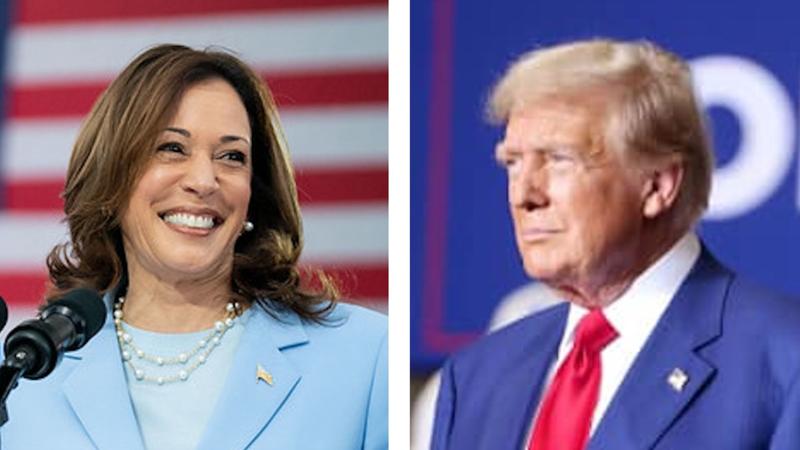With the presidential election only 20 days out, new polling shows Vice President Kamala Harris and former president Donald Trump are essentially tied.
The results from Wisconsin-based Marquette Law School show 48% of likely voters choose Harris while 47% go for Trump, with 4% of respondents planning to vote third party.
The survey was conducted Oct. 1-10, interviewing 886 registered voters nationwide, with a +/-4.3 margin of error, and 699 likely voters nationwide with a +/ 4.7 margin of error.
Favorability ratings for the candidates are slightly higher for Harris – though results fall within the margin of error – whom 48% of voters see very or somewhat favorably, versus 45% who see Trump very or somewhat favorably.
While more people see the Democratic Party “very favorably” than they do the Republican Party – 19% to 14%, respectively – Democrats are also dragging a larger share of voters who see the party “very unfavorably” at 39%, compared to the 32% who feel the same of the Republican Party.
Voters’ opinions on who would do a better job on political issues have mostly remained the same since Harris joined the race, with the majority believing Trump would better handle the economy, immigration and border security, the Israel-Hamas war, and foreign relations. Harris scores much higher on the issues of Medicare and Social Security, health care and abortion policy.
Voters also overwhelmingly believe the country is heading in the wrong direction at 79%, versus only 21% of voters who think the country is on the right track. Views on the economy are as bad but still largely negative, with 39% thinking the economy is “not so good” and 31% thinking it is “poor”.
The most important issues deciding Americans’ vote this November are the economy at 39%, immigration and border security at 17%, and abortion policy at 12%, according to poll results.
Confidence levels in the fairness and accuracy of the upcoming election are higher than they were in 2020, with 65% of respondents reporting being very or somewhat confident versus 34% who are not very or not at all confident.






